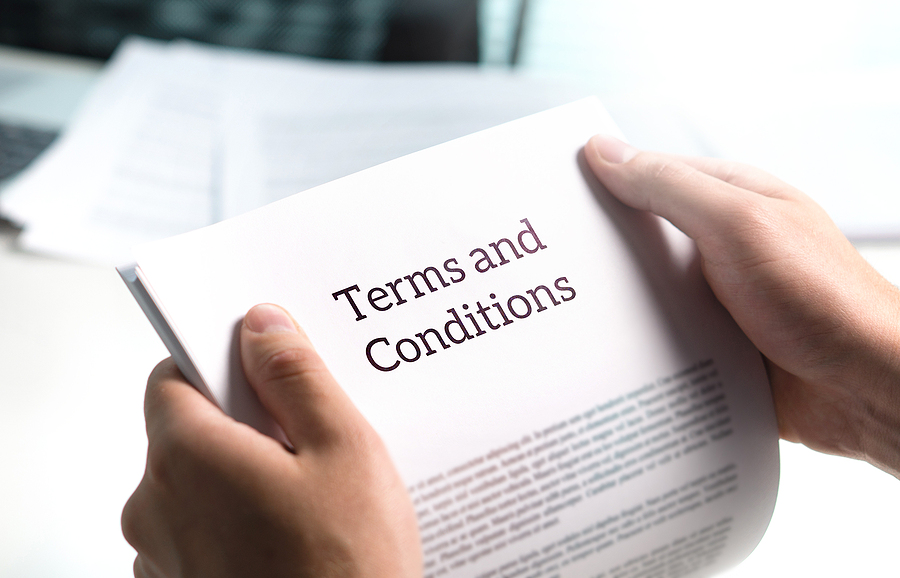Homeownership in Australia is becoming increasingly unattainable for many, resulting in a surge in the number of renters. Tenants face numerous challenges, such as limited rental properties, high rents, and poor-quality housing stock.
If you’re a long-term tenant, it’s crucial to know your rental rights, so you can exercise them with confidence.
Recent improvements in rental rights
Renters’ rights have recently been strengthened in Queensland and Western Australia. Some key improvements in rental rights in these states include:
- Allowing tenants to keep pets
- Requiring tenancy agreements to have sufficient grounds for termination
- Enabling tenants to apply for repairs through the state tribunal
Provisions have also been made to facilitate the termination of tenancies in cases of domestic violence and to accommodate tenants with physical disabilities.
Tenancy laws in New South Wales, Victoria, and Northern Territory have also been updated to better protect renters. These changes include:
- Setting minimum standards for properties
- Regulating rent increases
- Granting tenants the right to make alterations to their units
South Australia is considering updates to its tenancy laws, such as capping rent increases and addressing pet ownership.
Essential rights to know about
Despite these legal improvements, misconceptions about renters’ rights persist. Tenants often remain unaware of their rights regarding property maintenance, bond refunds, property conditions upon vacating, eviction processes, and tenancy databases.
For example, tenants may not know they can seek compensation for damages caused by a landlord’s negligence or that they may dispute bond deductions through the appropriate tribunal.
To ensure fair treatment, it is essential for renters to be informed about their longstanding rights and to challenge any misinformation perpetuated by landlords or agents.
- Rent increases: Fixed-term tenancies (2 years or less) restrict rent increases unless stated in the agreement. Periodic agreements allow increases every 6-12 months with around 60 days’ notice.
- Landlords cannot increase rent excessively and tenants can dispute increases through their state tribunal.
- Fee-free rent payments: In some states (i.e., NSW, South Australia, Tasmania and Queensland), tenants are entitled to at least one fee-free way to pay for their rent.
- Repairs: There’s a distinction between urgent (pose danger or undue inconvenience) and non-urgent repairs. Tenants usually can’t withhold rent for uncompleted repairs. However, you can take the matter to your tenancy tribunal for the appropriate action.
- Protection against landlord retaliation: Some states provide protection for tenants against evictions as retaliation for exercising their rights.
- Tenancy database blacklisting: This is regulated across Australia; tenants can only be listed under specific circumstances.
- Getting your bond back: Tenants can apply to get their bond back independently in case of disputes. The bond will be lodged with the bond board or relevant authority.
- Move-out carpet cleaning: There is no specific legal requirement to steam clean carpets before moving out. However, the clarity of this matter may vary by state and what’s specified in the lease agreement.
- Payment for water use: Tenants are usually responsible for water consumption charges. However, there are different rules for shared meters, depending on the state.
Being a tenant comes with rights and obligations.
With this information, you’ll have the basics you need to know when you should assert your right as a renter in Australia.
If this article has inspired you to think about your own unique situation and, more importantly, what you, your family or your business are going through right now, please contact your advice professional.
This information does not take into account the objectives, financial needs or legal situation of any person or business. Before making a decision, you should consider whether it is appropriate in light of your particular objectives. Our news articles contain general information about a variety of topics for your enjoyment. They are of a general nature only and aimed to get you thinking about newsworthy topics. This information is not a substitute for specific legal, financial, insurance or accounting advice.
(Feedsy Exclusive)





